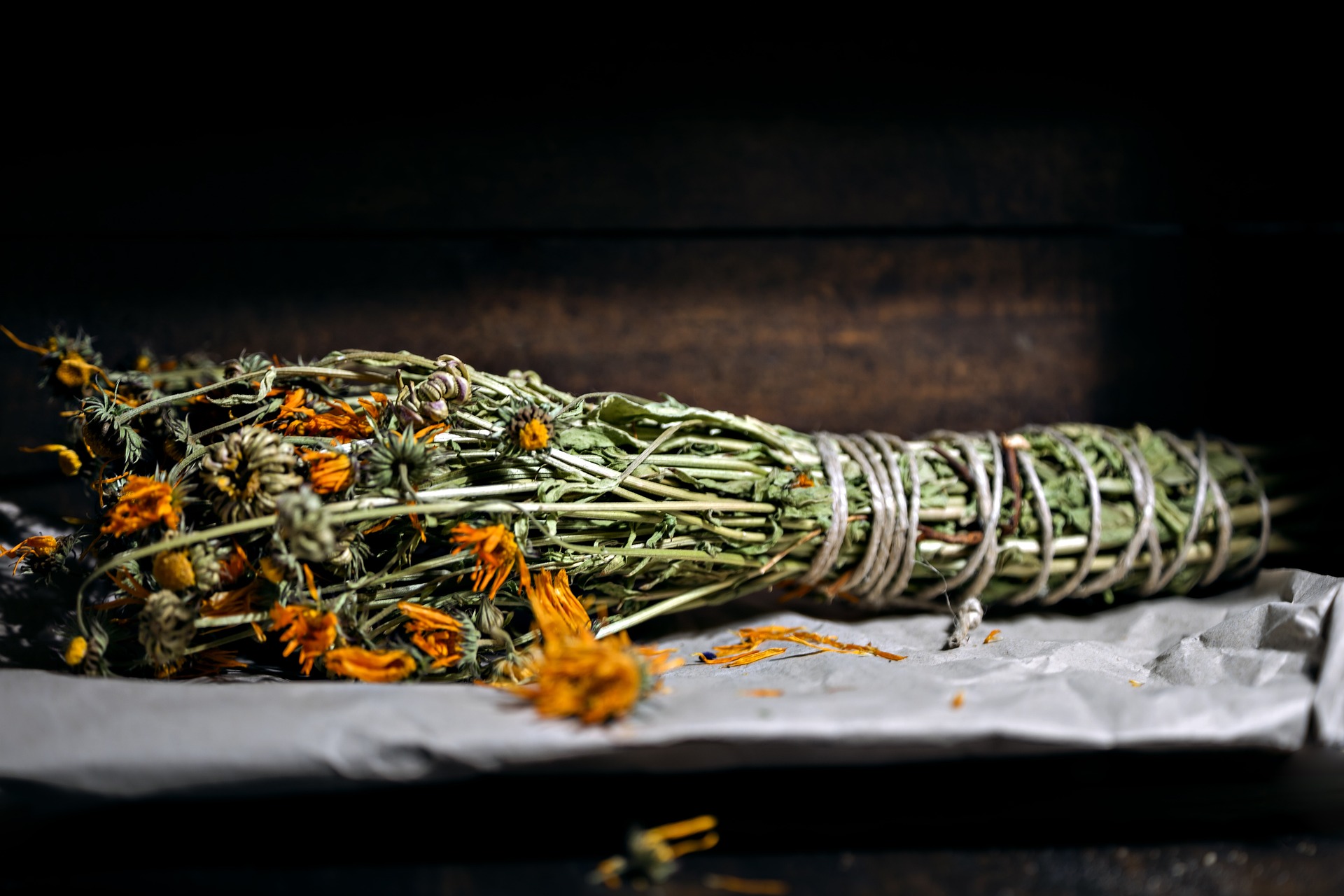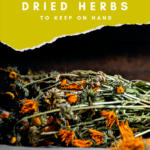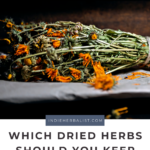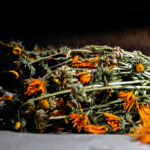Links contained in this post and elsewhere on my website may include affiliate links. When you make a purchase through these links, I earn a commission at no additional cost to you. I only link to products and services that I love - and that I think you will love, too!
One of the more overwhelming aspects of home herbalism is choosing dried herbs to keep on hand. Everyone’s approach to this is different. However, to minimize waste, it’s best to temper your enthusiasm with a realistic look at your home herbalism goals. Here are three things to consider.
Consider an herb’s versatility
If you prefer working with a single herb at a time (using simples), then it makes sense to choose dried herbs to keep on hand based on versatility. A single herb often has multiple uses. Knowing that you can use elecampane for many types of respiratory and digestive health challenges, for instance, makes it a better candidate than an herb with a very specific, single use.
If this is your favorite style of herbalism, I suggest listing 12 herbs that interest you. Working from that list gives you a plan. Order your herbs one at a time and create an entry in your materia medica for each one, so you have a detailed reference.
Don’t be fooled by the name “simpling.” This style of herbalism is just as effective as any.
Choosing dried herbs based on formulas
Working primarily with formulas is another approach. If that fits your style, it makes sense to build your home apothecary by choosing dried herbs based on the formulas you love or want to learn.
Order the herbs you need for a single formula or tea blend at a time. Gradually build up your home apothecary this way, getting acquainted with all of the ingredients before moving on to the next recipe.
Incidentally, I recommend creating a materia medica entry for each herb, just as I suggested for simpling. It will give you a great deal of insight into how the herb is useful in other formulas.
Choosing dried herbs based on a body system
Home apothecaries are excellent learning tools for anyone on a professional herbalism path. If this is the case for you, focusing on herbs with an affinity for an individual body system is one way to go. This is also applicable if your home apothecary functions as part of your emergency preparedness planning. Kidneys and urinary health, digestive system, immune function, and respiratory health are all examples.
Herbalist Jill Stansbury, ND, has published some excellent books that fit with this style of study. I reviewed her book for the nervous system here. They are written at an advanced level, so I do recommend taking a good online herb class like the Herbal Academy’s Clinical Herbalist Path (#affiliate) before delving into them.
Working with a theme
Of course, you can also choose herbs based on a theme. If you know you primarily want to make botanical skincare recipes, that should guide the herbs you choose. Perhaps you would prefer to choose dried herbs based on recipes for keeping your children healthy, supporting an elder in your life, or providing support for women’s reproductive wellness.
If you have a theme in mind, I suggest making a list of both simples and formulas that will be appropriate. Purchase your herbs accordingly and take your time to get to know each one.
More great articles on stocking your home apothecary
The Best Places to Buy Dried Herbs Online has info on my favorite suppliers. (Mountain Rose Herbs is one of my favorites!) (#affiliate)
How to tell the quality of dried herbs will help you know what’s fresh and full of goodness.
How to Store Herbs will teach you the best practices for the longest shelf life.
Photo credit: Pixabay




